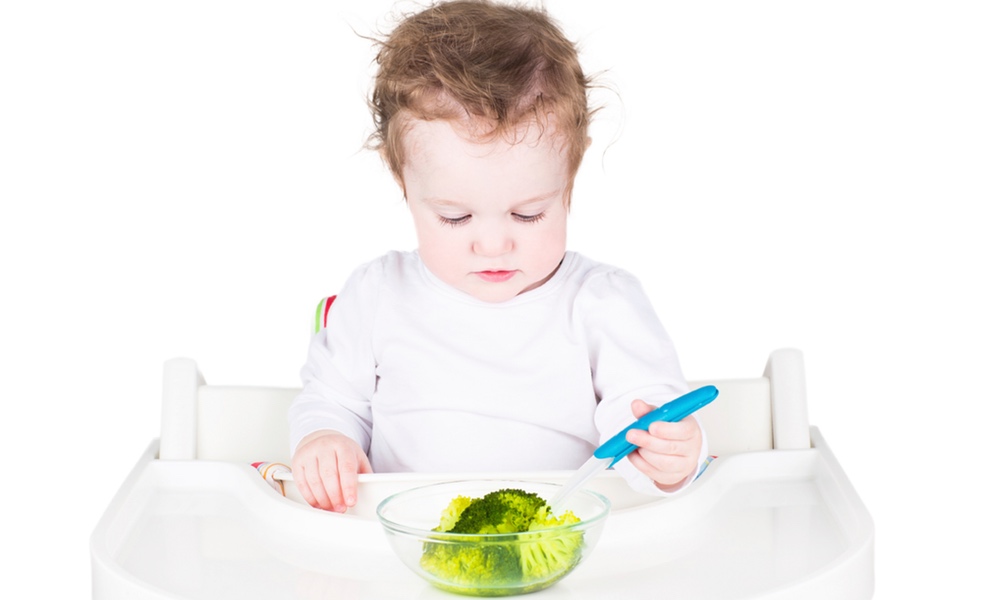Most of today’s teens and adults didn’t get their first taste of foods like peanuts, eggs and fish until they were at least a year old, if not later. The thinking was that introducing such foods too soon could increase the risk of developing food allergies. But this belief is changing. Now exposure is viewed as one way to reduce the chance of developing food allergies.
A series of papers published by researchers at King’s College London and St. George’s University of London found that the early introduction of certain allergenic foods to babies might actually prevent them from developing an allergy.
Allergenic foods are those that may cause an allergic reaction. Millions of people have allergic reactions to foods every year. Most of the time the symptoms are mild, but sometimes they can be severe and life-threatening. The eight foods considered most allergenic are: milk, eggs, fish, shellfish, tree nuts, peanuts, wheat and soybeans.Nearly half of infants who were egg-sensitive went on to develop an egg allergy, as opposed to only 20 percent in the group exposed to eggs early.
Among the infants with any food sensitivity at the beginning of the study, 34 percent in the exclusively breastfed group developed a food allergy, compared to only 19 percent of children introduced to foods early.
A third of the children who were exclusively breastfed developed a peanut allergy, while 14 percent in the group of infants who were sensitive to peanuts did. Nearly half of infants who were egg-sensitive went on to develop an egg allergy, as opposed to only 20 percent in the group exposed to eggs early.
In contrast to recommendations that babies should not be fed allergenic foods until they are six months old, this study noted that babies who weren’t at a high risk of food allergies were not at an increased risk of food allergy if foods were introduced to them early.
Only 42 percent of parents in the group that introduced foods to their babies early adhered to the study’s high dose consumption of at least five early introduction foods, yet their infants were still less likely to develop food allergies.
Parents should always check with their child’s pediatrician for guidance before introducing allergenic foods to their infants, however. He or she should know if a baby is likely to develop food allergies and should be familiar with the most recent guidelines for introducing new foods to babies.
The studies were published in the Journal of Allergy and Clinical Immunology.





